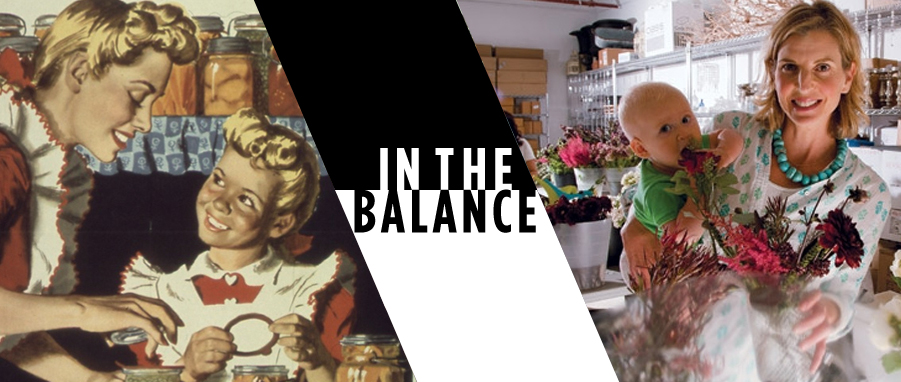 Dearest Clara,
You won’t find a shortage of wisdom coming from our Founding Fathers. After all, they broke with every tradition of their time to put together one of the greatest homes for the freedoms that we enjoy. Is it perfect? Not always, but just because something is an ongoing work in progress, doesn’t it make it irrelevant. It just makes it something you have to do your part to improve.
Dearest Clara,
You won’t find a shortage of wisdom coming from our Founding Fathers. After all, they broke with every tradition of their time to put together one of the greatest homes for the freedoms that we enjoy. Is it perfect? Not always, but just because something is an ongoing work in progress, doesn’t it make it irrelevant. It just makes it something you have to do your part to improve.
But I’ll leave the lessons on democracy for the history books. When we visited Monticello last week, the home of Thomas Jefferson, I first bristled at the fact that one could see the house only as part of a guided tour. But in the end it turned out to be so valuable because seeing his home while hearing about who he was as an individual person brought forth its own lessons:
- Time spent in Paris is time well spent: Jefferson went as an Ambassador (well, as a “Minister”) and had some of his most formative ideas when in Paris — whether it was the structure of his house or his meals, he was inspired in so many ways. Time in Paris isn’t always easy but it is nearly always formative in some way.
- A home is a place of learning too: The house at Monticello is full of books and portraits and ideas that Jefferson didn’t necessarily agree with but the presence of those items invited discussions and opportunities to teach, especially as the house was full of visitors and children. Having these items wasn’t about endorsement but about discussion, and about teaching individual different ideas so that they could formulate their own.
- “Meat is a condiment …to the vegetables that constitute my principal diet”: Good health comes from eating good vegetables. You can eat meat or other indulgences, but when you count the balance of your day, make sure that vegetables and fruits constitute the bulk of what you consume.
- We will always live at the mercy of water: Many people find themselves at water’s mercy because they live too close. Jefferson found himself at water’s mercy because he was too far from a natural source for his farm. So there were years of drought and years of difficulty, and the farm always had concern about water front and center. I say this, not because you will likely be a farmer (though one never knows), but more to remind you to mindful of the power and importance of water. It should be respected, and also taken care of – one of life’s luxuries is constant access to clean and reliable water. People's lives will always depend on it.
- If you don’t invent it, adapt it: Thomas Jefferson wasn’t necessarily a noted inventor — but he was a master of taking things he saw used once and adapting for his own needs. For example, Jefferson had tweaked the polygraph machine (the original copier) which was designed to enlarge or scale drawings, to produce copies of his letters, so that he always have one for himself. It’s okay if you didn’t come up with the original idea, the real question is always how will you use what you have to make it your own?
- “Avoid taverns, drinkers, smokers, and idlers and dissipated persons generally… and you will find your path more easy and tranquil.": Jefferson gave this advice to his nephew, as he pursued studies in Philadelphia and it couldn’t be more true today. Avoid those who attract and promote trouble, especially as you figure out your own path. The tranquility of mind you’ll gain, you’ll use as you navigate your own way.
All my love,
Mom
















 Bridget’s host family has one of those beautiful provençal country houses that you see on the covers of Peter Mayle books. From Agnès’ apartment, it's a 45-minute uphill walk to get to it, which is one of the reasons I love to visit. On the way I pass Cézanne’s old painting studio, and once I crest the final hill, I am rewarded with a view of the Mont Sainte-Victoire over the olive groves. It’s not something I see every day.
Bridget’s host family has one of those beautiful provençal country houses that you see on the covers of Peter Mayle books. From Agnès’ apartment, it's a 45-minute uphill walk to get to it, which is one of the reasons I love to visit. On the way I pass Cézanne’s old painting studio, and once I crest the final hill, I am rewarded with a view of the Mont Sainte-Victoire over the olive groves. It’s not something I see every day.











